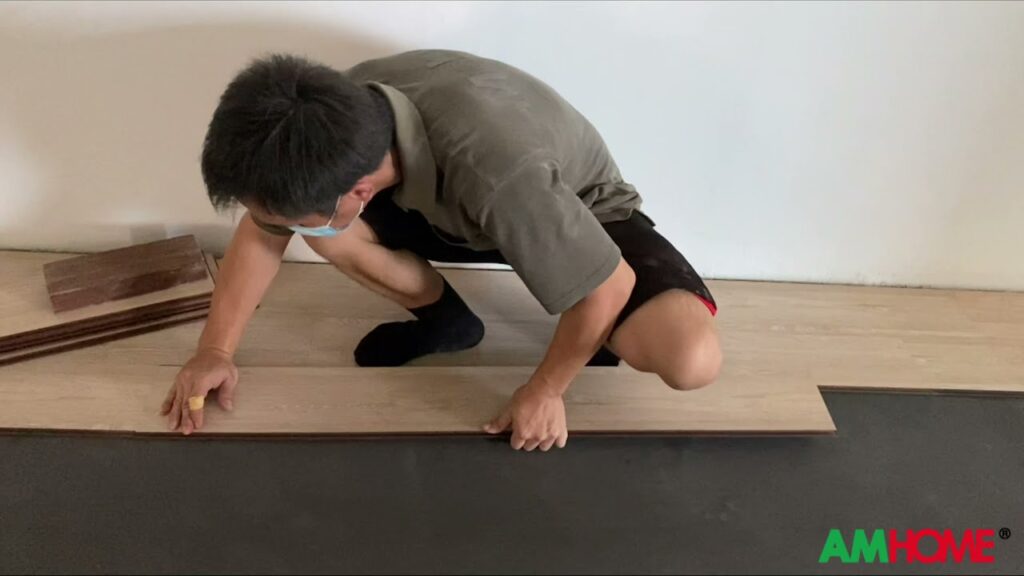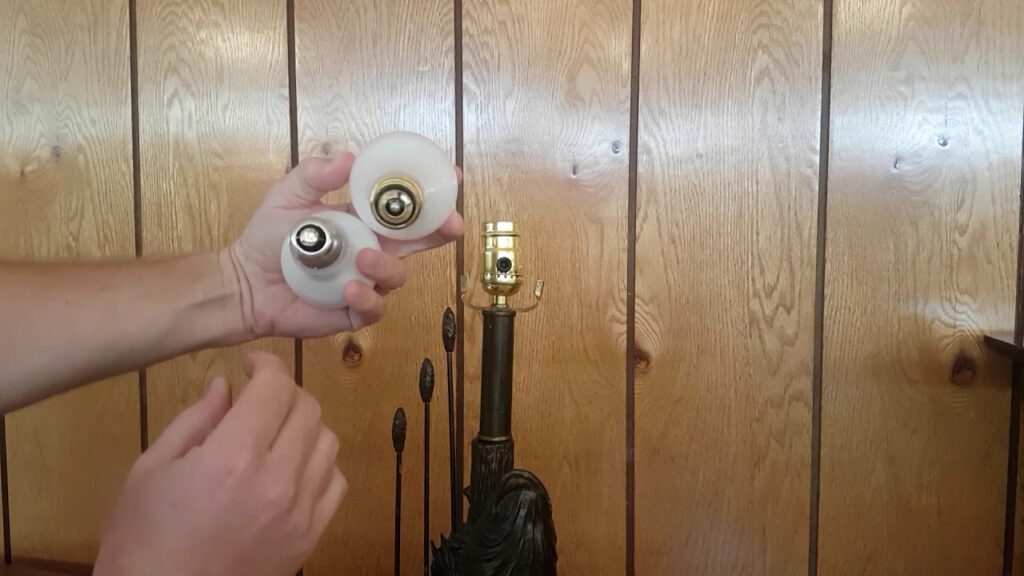The Factors Affecting the Cost of Refinishing Hardwood Floors
When it comes to refinishing hardwood floors, several factors can influence the overall cost of the project. Understanding these factors can help homeowners make informed decisions and budget effectively for this home improvement endeavor.
Size of the Floor Area
The size of the floor area to be refinished is a significant factor in determining the overall cost. Larger spaces will require more materials and labor, leading to higher refinishing expenses. Conversely, smaller areas will generally be more cost-effective to refinish.
Extent of Damage and Wear
The condition of the existing hardwood floors plays a crucial role in determining the cost of refinishing. Floors with extensive damage, deep scratches, or heavy wear will require more intensive sanding and repairs, potentially increasing the overall cost of the refinishing project.
Type of Finish and Additional Services
The type of finish chosen for the hardwood floors can also impact the cost. Different finishes, such as water-based or oil-based polyurethane, have varying price points. Additionally, additional services such as staining, sealing, or repairing subfloor issues can also contribute to the overall cost of refinishing hardwood floors.
Understanding these key factors can help homeowners anticipate the costs associated with refinishing their hardwood floors and make informed decisions when planning their home improvement projects.
Average Cost of Refinishing Hardwood Floors
When considering refinishing hardwood floors, it’s essential to factor in the associated costs. On average, the cost of refinishing hardwood floors varies widely, with several factors influencing the overall expense. The average cost for refinishing hardwood floors typically ranges from $3 to $8 per square foot. However, this cost can fluctuate based on the floor’s condition, the type of wood, and the extent of the refinishing required.
The total cost for refinishing hardwood floors can escalate if additional services are required, such as repairing damaged areas, removing old finishes, or addressing water damage. These additional services can add to the overall expense, so it’s crucial to consider all potential requirements when budgeting for the project.
It’s important to note that the average cost of refinishing hardwood floors can also be influenced by geographical location and the availability of professional contractors. It’s advisable to obtain multiple quotes from reputable contractors to ensure a fair price and quality workmanship. Investing in the refinishing of hardwood floors can revitalize the appearance of a space and add value to a home, making it a worthwhile endeavor for many homeowners seeking to refresh their living environment.
DIY vs. Professional Refinishing: Which is More Cost-Effective?
When it comes to refinishing projects, the decision between a do-it-yourself approach and hiring a professional can have a significant impact on your budget. DIY refinishing may seem cost-effective at first, as it often requires less upfront investment in labor. However, it’s important to consider the potential expenses that can arise from mistakes or inadequate results that may require professional interventions later on.
On the other hand, professional refinishing services come with a higher initial cost due to labor and expertise. However, when done right, professional refinishing can provide a longer-lasting and higher-quality result, potentially saving money in the long run by reducing the need for frequent touch-ups or repairs.
It’s essential to weigh the pros and cons of both options based on the specific requirements of your project. Factors to consider include the complexity of the refinishing task, your own skill level and experience, the availability of tools and equipment, and the time you can dedicate to the project.
In conclusion, the cost-effectiveness of DIY versus professional refinishing depends on various factors, including the specific project, your skill level, and the desired outcome. Both options have their merits, and the decision should be based on a careful assessment of your unique circumstances and priorities.
Hidden Costs to Consider When Refinishing Hardwood Floors
When considering refinishing hardwood floors, it’s important to factor in the often-overlooked hidden costs that can impact your budget. These additional expenses can arise from various aspects of the refinishing process and should be taken into account to ensure a comprehensive understanding of the overall investment.
One hidden cost to keep in mind is the potential need for floor repairs. Prior to refinishing, it’s common for underlying issues such as damaged boards, uneven surfaces, or structural concerns to be uncovered. Addressing these repairs may involve additional materials and labor, adding to the total cost of the project. Moreover, the use of specialized equipment or the hiring of professional repair services can also contribute to the overall expenditure.
Additionally, the choice of finish and its associated cost is a crucial aspect to consider. Opting for high-quality, durable finishes may lead to a higher upfront investment, but can ultimately save money in the long run by extending the lifespan of the refinished floors. Conversely, selecting a cheaper finish may result in the need for more frequent refinishing, leading to higher long-term expenses.
Moreover, homeowners should account for the potential expenses related to dust containment and cleanup. Refinishing hardwood floors generates a significant amount of dust, which can spread throughout the home if not properly contained. Investing in dustless sanding equipment or professional cleaning services can help mitigate these costs, ensuring a clean and healthy indoor environment during and after the refinishing process.
Tips for Saving Money on Hardwood Floor Refinishing
Refinishing hardwood floors can be a significant investment, but there are ways to save money without sacrificing quality. Here are some tips to help you reduce the cost of refinishing your hardwood floors:
1. DIY Prep Work
Before hiring a professional to refinish your hardwood floors, consider doing the prep work yourself. Remove furniture, carpets, and rugs from the area to be refinished. This can save you money on labor costs and make the refinishing process more efficient for the professionals.
2. Choose a Water-Based Finish
Opting for a water-based finish for your hardwood floors can be more cost-effective than an oil-based finish. Water-based finishes are generally less expensive and dry faster, reducing labor costs. Additionally, they have lower levels of volatile organic compounds (VOCs), making them a more environmentally friendly option.
3. Bundle Services
If you have other home improvement projects in mind, consider bundling services to save on costs. Many flooring companies offer discounts for larger projects or for combining services such as hardwood floor installation and refinishing. This can help you save money overall and ensure a cohesive look for your home.
By implementing these cost-saving tips, you can achieve beautifully refinished hardwood floors without breaking the bank. Taking the time to plan and consider these options can make a significant difference in the overall cost of your hardwood floor refinishing project.


